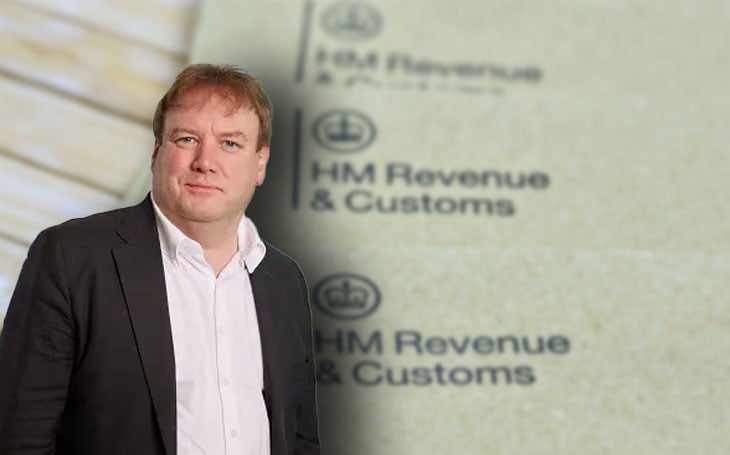HMRC recovers record £107m from landlord investigations
Tax authority claws back its highest ever sum from landlords and improvements in data matching will lead to even bigger numbers.

HMRC has recovered a record £107 million from tax investigations into landlords in 2024/25, according to a Freedom of Information request by accountancy firm Price Bailey.
The figure is only marginally above the previous year’s total but is significantly higher than the £65.4 million recovered in 2022/23, with HMRC now clawing back an average of £13,713 per disclosure.
Andrew Park (pictured), tax investigations partner at Price Bailey, says many landlords caught out are ‘accidental’ investors who have failed to understand their tax obligations.
They are often accidental landlords who kept a property after moving to cohabit with a new partner, inherited a property or temporarily moved abroad.”
He says: “We’ve assisted large numbers of landlords in making voluntary disclosures over the last few years – typically after they’ve received an HMRC nudge letter.
“They are often accidental landlords who kept a property after moving to cohabit with a new partner, inherited a property or temporarily moved abroad.”
One of the more common landlord mistakes is confusing capital versus revenue expenditure. Park gives the example of putting in a new kitchen. He says if it is a significant upgrade, it is not deductible against letting income, whereas repair and maintenance of an existing kitchen or a like-for-like replacement is deductible.
Another big area of confusion is the withdrawal of mortgage interest relief, which has created what Park calls a ‘phantom profit’ tax trap. That’s because landlords face a fundamental mismatch between economic and taxable profit. Rental properties will appear profitable on paper, but only because the tax law ignores the full cost of debt servicing, and this then leads to landlords failing to disclose it to HMRC.
Numbers will rise
Since HMRC’s Let Property Campaign launched in 2013, around £570 million has been recovered from UK residential landlords. That includes 100,332 disclosures from an estimated 2.2 million private landlords (4%).
Park adds, though, that the number of landlords being caught up in investigations is likely to rise significantly as HMRC enhances its data-matching capabilities. This includes cross-referencing information from letting platforms, mortgage lenders and Land Registry records and will mean HMRC “will be able to identify thousands more undisclosed landlords every year for many years to come”.
At the same time, the introduction of Making Tax Digital from April 2026 will require landlords to make quarterly tax submissions, giving HMRC real-time oversight of rental income that may have previously gone under the radar.
HMRC can reclaim up to 20 years of unpaid tax and impose fines of up to 100% – or 200% for offshore holdings.





